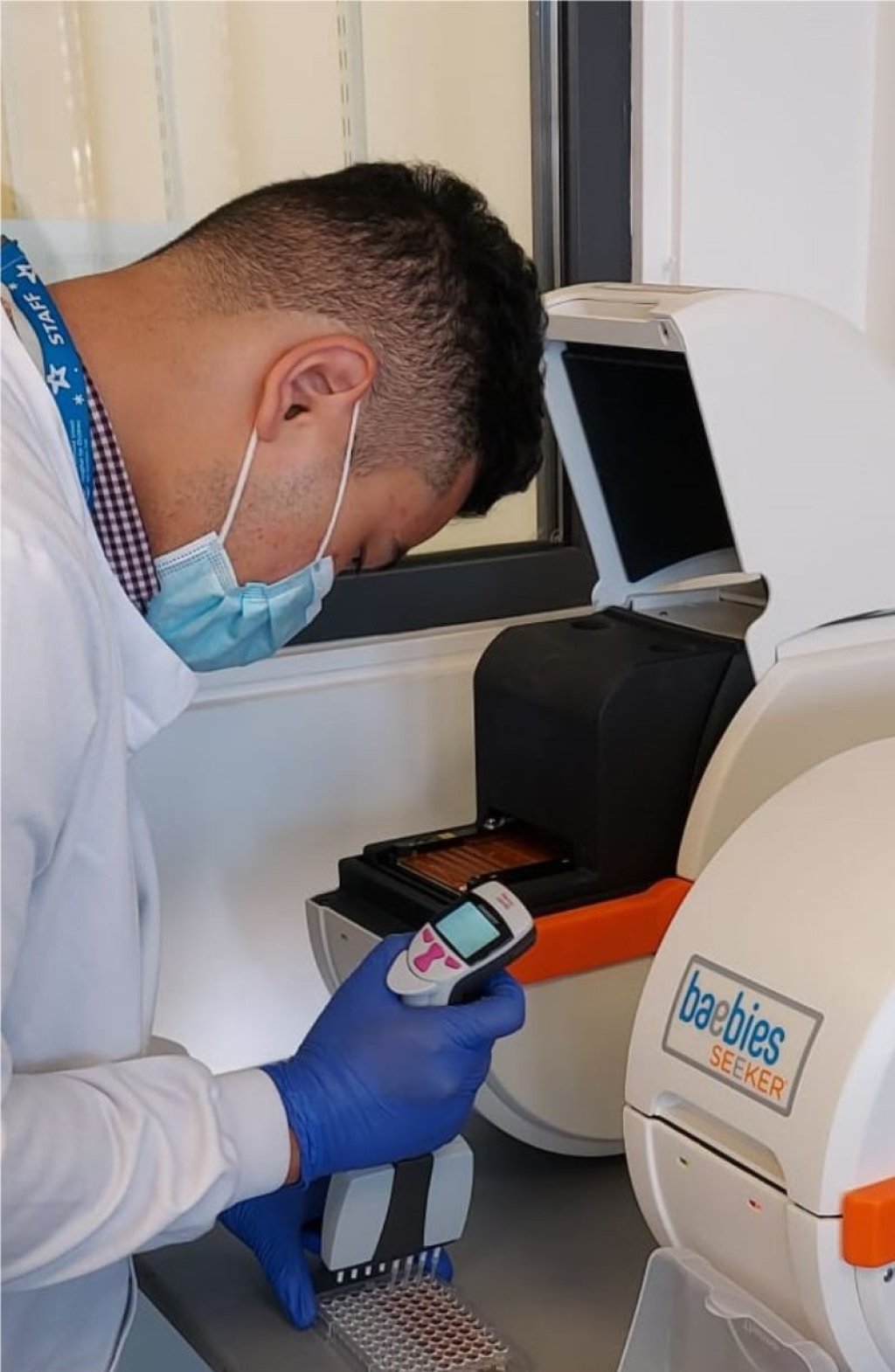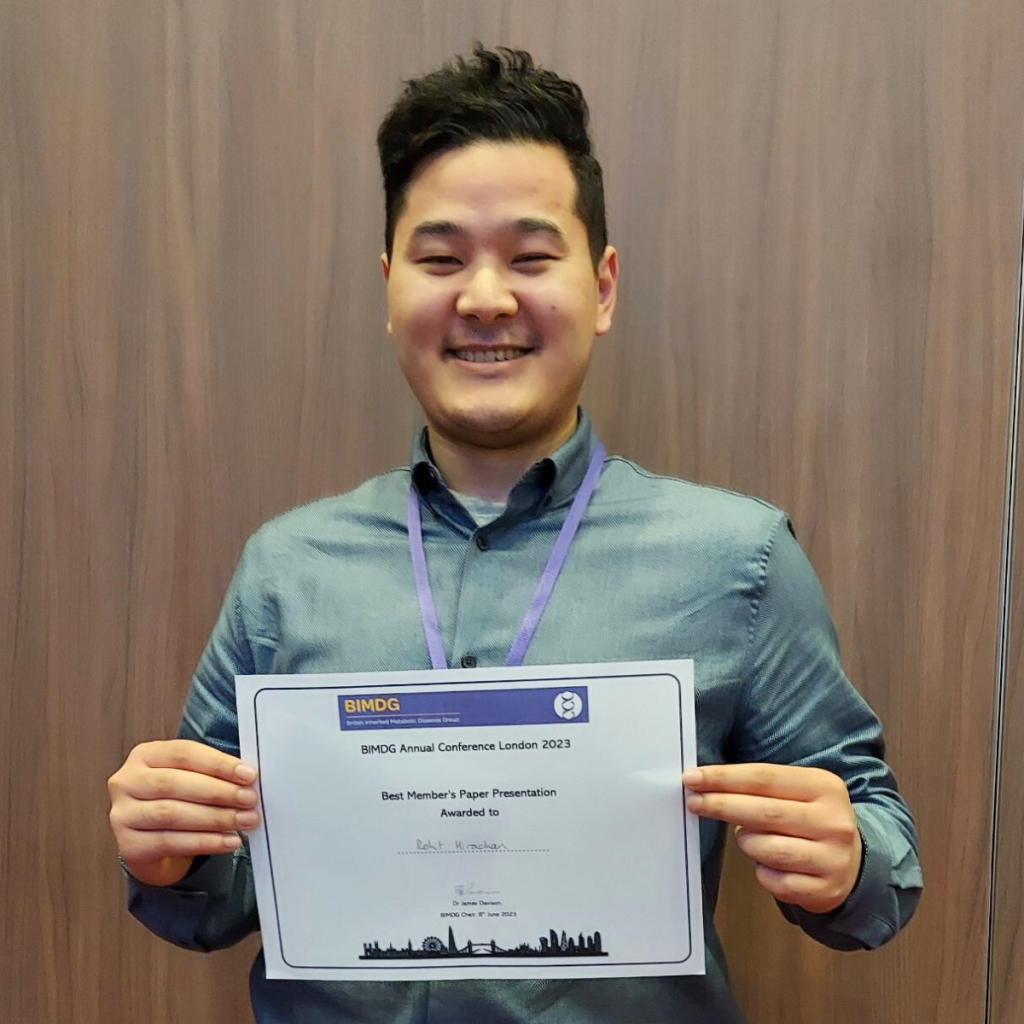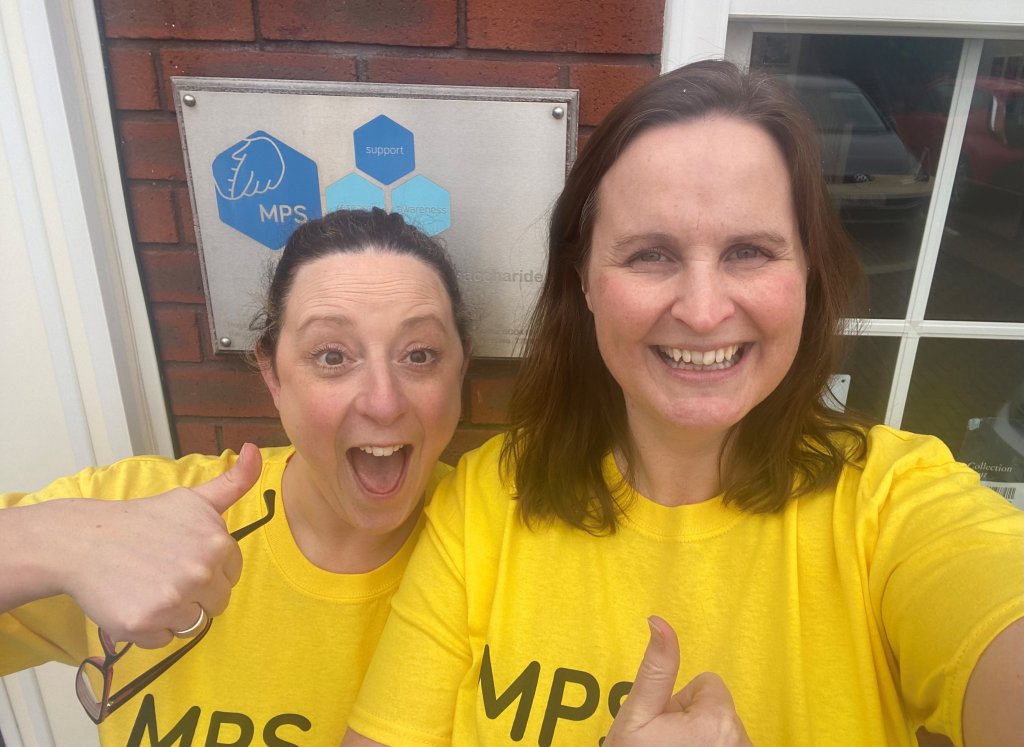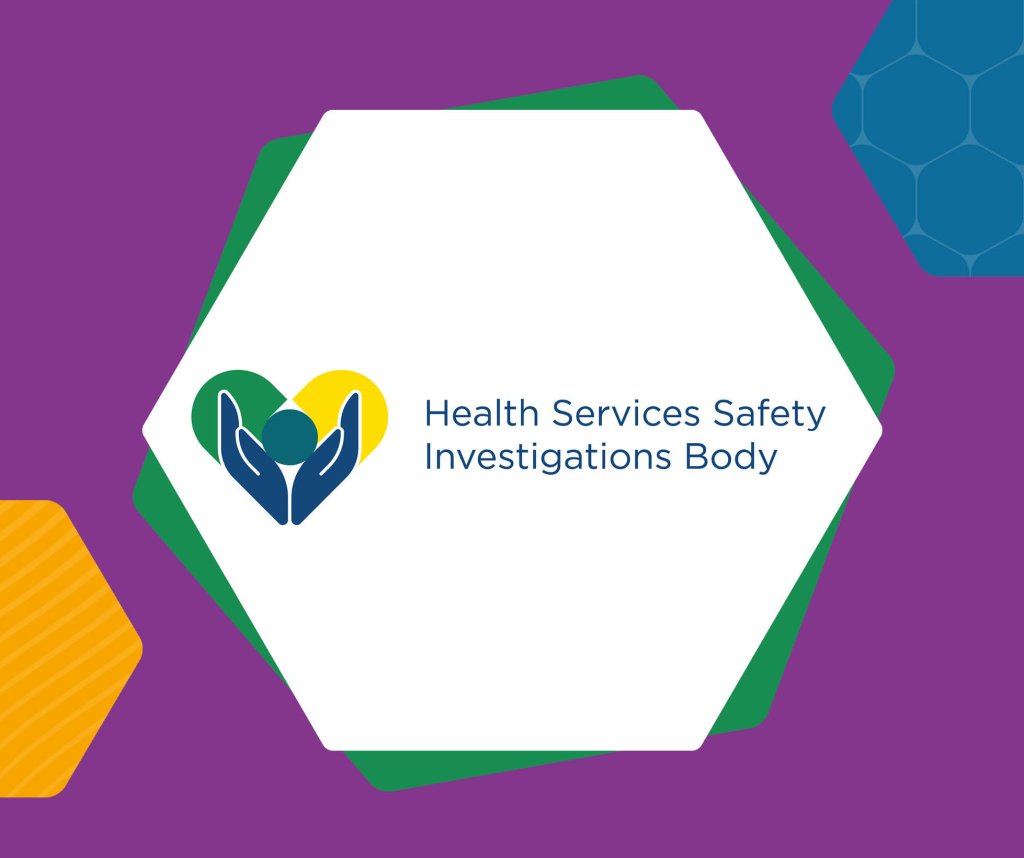Hear from our CSAC member Simon Heales who shares some background on the recently published research paper “Evaluation, in a highly specialised enzyme laboratory, of a digital microfluidics platform for rapid assessment of lysosomal enzyme activity in dried blood spots” for which the MPS Society provided a research grant.
The Enzyme Lab at Great Ormond Street Hospital (GOSH) has been collaborating with an equipment manufacturer (Technopath Clinical Diagnostics, Baebies) to evaluate a new diagnostic platform called Digital Microfluidics (DMF).
The equipment, known as a SEEKER®, permits the rapid measurement of lysosomal enzyme activities in dried blood spots; this is in contrast to the traditional approach of preparing white cells/plasma from relatively large patient samples.
DMF is based on the same biochemical reactions that the Enzyme Lab uses. However, the manufacturers have miniaturised the processes so that all the reactions can now be carried out on a single sample plate.
This means that more than one patient sample can be analysed at the same time. Furthermore, more than one enzyme can be tested together. Consequently, the DMF platform is being adopted by some laboratories around the world for newborn screening.
In this study, the aim was to ascertain whether the platform could also be accommodated in a highly specialised laboratory, like that found at GOSH. To permit this study, it was essential that a dedicated graduate scientist be appointed to work on the project. This was achieved by funding from the MPS Society and Rohit Hirachan successfully took the project to completion which has now also been published in the Journal of Inherited Metabolic Disease Reports.
A take home message of this work is that the technology may have two potential uses, i.e. for use in newborn screening laboratories but also to permit Enzyme Labs to make a quick preliminary diagnosis in an urgent scenario without the need for significant manual input and time.
This work was presented at the recent British Inherited Metabolic Disease Group Meeting where Rohit won first prize for his presentation.




